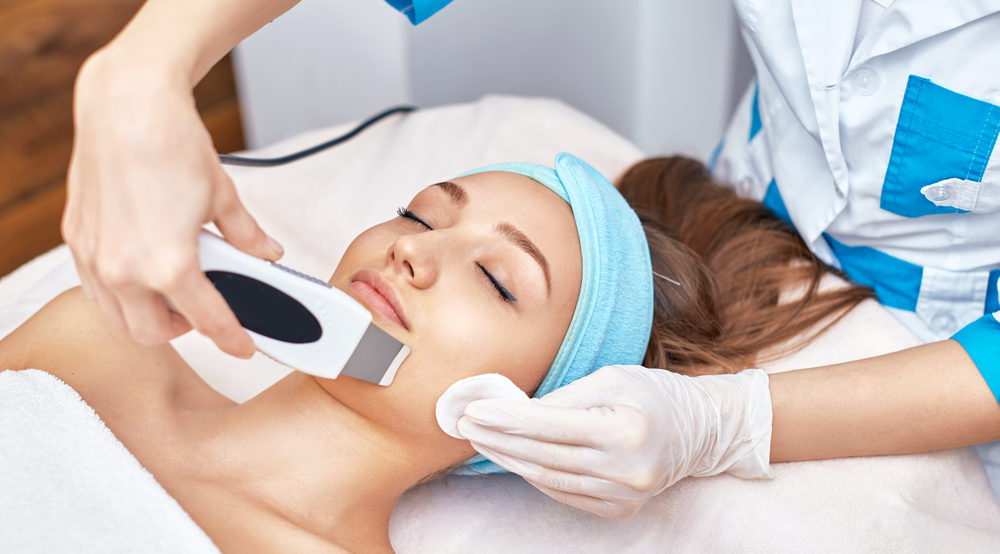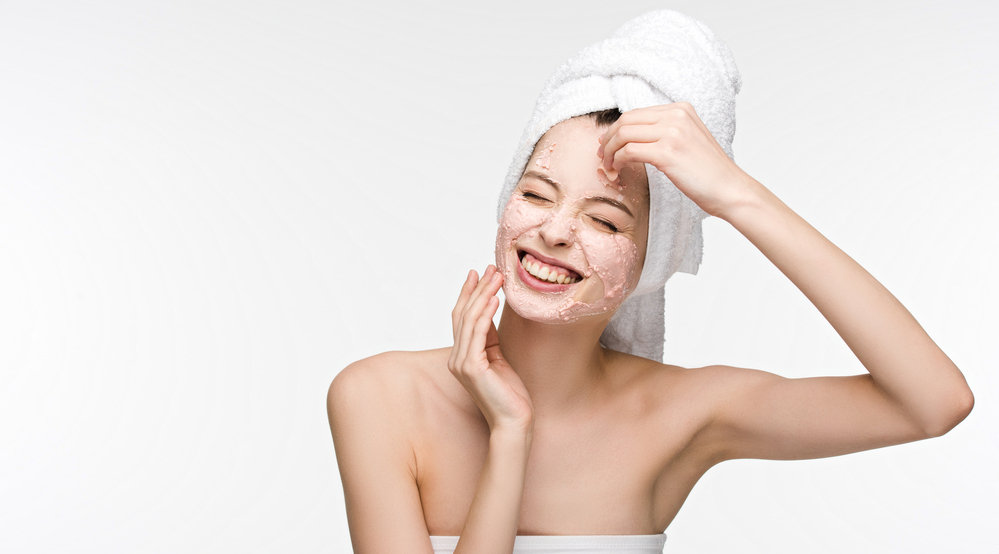As the seasons shift, you may start noticing changes to your skin. When it’s colder, the skin is more prone to cracking, dryness, and inflammation. In contrast, when it gets warmer, your skin is more susceptible to sunburn and may feel greasier. Different seasons need different skin care routines, and a chemical face peel is a good place to start.
Best Times for Face Peels
While it’s not possible to control weather, it is possible to control your skin health. Although deep face skin peeling is generally not recommended during summer, there are lighter peels that can be done in spring and there you can adjust your skin care routines for different seasons to maintain optimal skin health.
In the warmer months, it is better to switch to lighter moisturizers and lotions to minimize an oil build-up and clogging of the skin, as well as regularly applying sunscreen. When moving from summer to autumn and then winter, you can start incorporating thicker face and body creams and serums to improve skin hydration.
In the colder months, it is also advisable to avoid long, hot showers, and overexposure to cold air and internal heating to prevent triggering issues like scaly skin on the face. However, self-care regimes are not always sufficient in treating skin problems, and that’s when face peels are highly effective.
Types of Peels
There is a wide choice when it comes to facial peels as they each use different ingredients and focus on treating different skin conditions. You can also choose from some of the best chemical peels for wrinkles that are effective as an anti-aging treatment that stimulates collagen to minimize facial lines and wrinkles.
Depending on your skin issue will also determine whether the treatment is applied superficially or applied to penetrate deeper layers of the skin.
- Light or superficial chemical peels gently exfoliate the outer layer of the skin using mild acids.
- Medium peels target the outer and middle layers of the skin are aimed at treating pigmentation issues and sun damage.
- Deep peels penetrate deep into the skin layers to help with severe issues like acne.

When is it better to do a chemical face skin peel?
Facial peels focus on removing dead skin cells to stimulate new cell growth and to increase the production of collagen and elastin that keeps the skin feeling supple and looking revitalized. Anyone can go for a facial peel to improve skin texture and tone, alleviate wrinkles, and treat sun damage.
However, if you have frequent breakouts and pigmentation that affects your appearance, you will see a great benefit from having a skin peel. Additionally, if you suffer from excessive dry peeling skin on the face, or flaky nose peeling, a chemical facial can help increase hydration and restore damaged skin cells.
The only time you should avoid face peels are when you are pregnant, sunburned, have open sores or an active infection.
Seasonal Face Peels
Because chemical peels remove the outer layer of the skin, sensitivity is heightened, and the treated area will peel. Avoiding the sun and caring for the skin properly is important to prevent infection and get the most out of your treatment.
Before Summer
Autumn, winter, and up to early spring are ideal for getting facial peel treatments because it is easier to avoid high sun exposure, and the air has less moisture, which helps the healing process and decreases the risk of sun damage. Chemical peels require multiple sessions for best results, so going for treatments during the cooler months offers the right time to get your skin ready for the summer.
After Summer
During the hot summer months, when time is mostly spent outdoors, your skin is subjected to UV rays that can cause skin tone changes, hyperpigmentation, and skin cell damage. Start treatment at the end of the season to help reduce the effects that the summer sun can have on your skin.
Frequency of Face Peels
During a facial peel, chemical solutions are applied to the skin, which causes the skin to blister and then peel off. The result is newer, smoother looking skin with regenerate skin cells.
Depending on the type of skin peel will depend on the frequency of sessions between treatments. For light peels, wait at least 4 weeks before the next session, while medium to deep peels can be applied once every 4 to 6 months.

How is the procedure performed?
Whether you’re having a chemical peel for dark spots, wrinkles, acne, or dry T-zone peeling, the procedures are generally the same although the duration of the process may vary from 30 to 50 minutes.
- The face is first cleaned, and you will be given protective eyewear.
- In some cases, a topical anesthetic might be applied to reduce discomfort during the procedure.
- The chemical solution is gently added to the face, which may cause sensations of stinging or burning. For even results
- After a certain time, the chemical solution is removed, and a neutralizing solution may be applied.
It is important to prepare for a chemical peel by not applying make-up or retin-A products to the skin at least 2 days prior. You should also let your practitioner know if you are taking medication and if you have any existing health conditions so they can determine possible side-effects or complications. It is common to experience temporary redness, swelling, or dryness.
After the procedure, avoid strenuous and busy activities, and keep hydrated. Refrain from using warm and hot water on your skin as cooler water will soothe any stinging sensations. Your skin’s barrier will be initially compromised, so avoid exfoliating, and use quality, hydrating cream and a high-factor sunscreen.
Do not visit steam rooms or saunas as it will aggravate the skin and prolong the healing process. When your skin starts to feel normal again, you can resume your skin care routine to ensure the benefits of your skin peel are long-lasting.
Latest News
- August 25, 2021
- August 25, 2021
- July 21, 2021
- July 20, 2021
- June 21, 2021





